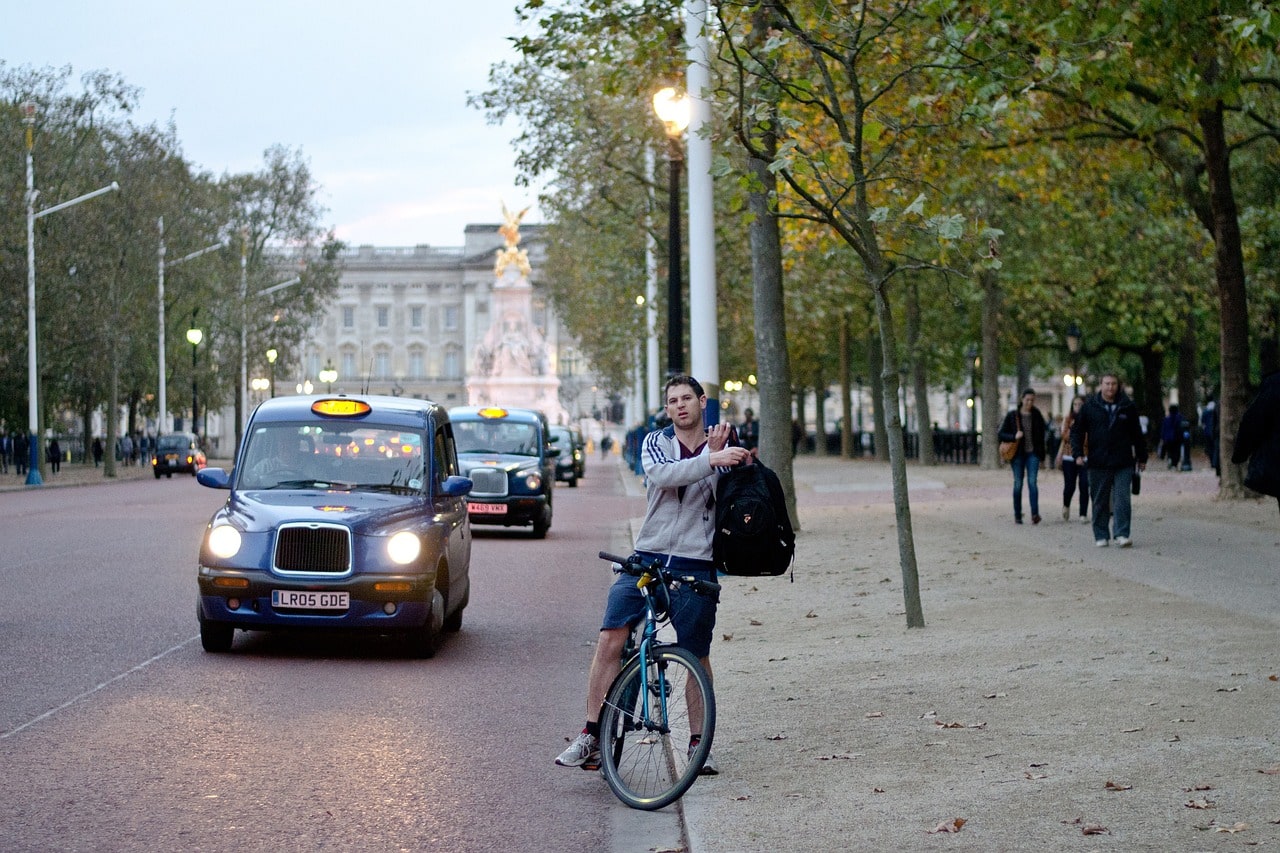
Research reveals low confidence in UK transport sector
93 days ago
3 minutes
Zag Daily reports that a recent study from the Institute for Public Policy and Research (IPPR) has unveiled a significant trust deficit in the British public towards the national government when it comes to making local transport decisions. Only 13% of Britons most trust the national government with this responsibility, while local councils command the confidence of 37% of the populace.
Source: Zag Daily
Regarding political parties’ trustworthiness on improving public transport, 33% of the public trust the Labour Party, contrasting with just 13% who trust the Conservative Party. This information emerges in a context marked by increasing political debate around transport issues, including Prime Minister Rishi Sunak’s remarks about a “war on motorists”, the polarizing implementation of low-traffic neighborhoods, and the Mayor of London’s extension of the ULEZ to encompass all London boroughs.
IPPR Senior Research Fellow and co-author of the report, Dr. Maya Singer Hobbs, provided her insights to Zag Daily, critiquing the governmental rhetoric. “Westminster has attempted to divide people into ‘drivers’ and everyone else, but this is not reflective of how people think of themselves,” she said. “Most people who drive will also walk and take the bus or train, or cycle. This also ignores the fact that the transport system as a whole is failing people.”
The report titled ‘Who Gets a Good Deal? Revealing Public Attitudes to Transport In Great Britain’ also highlights that one in five individuals are concerned about affording necessary transport. Moreover, in the past two years, 71% have modified their travel habits to decrease expenses. It identifies that individuals living in rural areas and those on lower incomes are disproportionately affected by the inefficiencies of the UK transport system, whereas those on higher incomes tend to fare better.
Dr. Hobbs expressed the public’s dissatisfaction with the transport system and their high valuation of public transportation: “People agree that transport isn’t working for them, but the solution to this can be found in how highly people rate public transport,” she explained.
The study also reveals that 53% of the population views public transport as essential for getting to work, significantly more than the 20% who consider car ownership necessary. Furthermore, nearly half of the respondents prioritize public transport over having a phone, and 43% rate it as more crucial than internet access.
In light of these findings, as the UK approaches a general election, the IPPR has proposed six transportation priorities for the next government. These include implementing a comprehensive, shared multimodal transport strategy for England and allocating 10% of the transport budget to active travel by 2029. Additionally, the report calls for all buses in urban areas to be electric by 2030 and for a fully zero-emission bus fleet by 2035.
Dr. Hobbs advocates for a shift in funding strategies: “We would like to see an end to competitive short-term funding and move to longer-term, strategic, single-pot funding which in conjunction with greater devolution will allow mayoralties and local authorities to deliver ambitious transport networks,” she stated. “This funding will help ensure a wider network coverage and maintain an affordable bus fare cap. We would like to see greater powers for local transport authorities to franchise bus networks or deliver municipally owned fleets.”
This comprehensive analysis by the IPPR clearly signals a call for sweeping changes in how transport policies are formulated and implemented, aiming for a system that better reflects and serves the needs of all citizens.

LEVA EU
Campaign success
Lorem ipsum dolor sit amet, consectetur adipisicing elit, sed do eiusmod tempor incididunt ut labore et dolore magna aliqua.
Member profile
Lorem ipsum dolor sit amet, consectetur adipisicing elit, sed do eiusmod tempor incididunt ut labore et dolore magna aliqua.